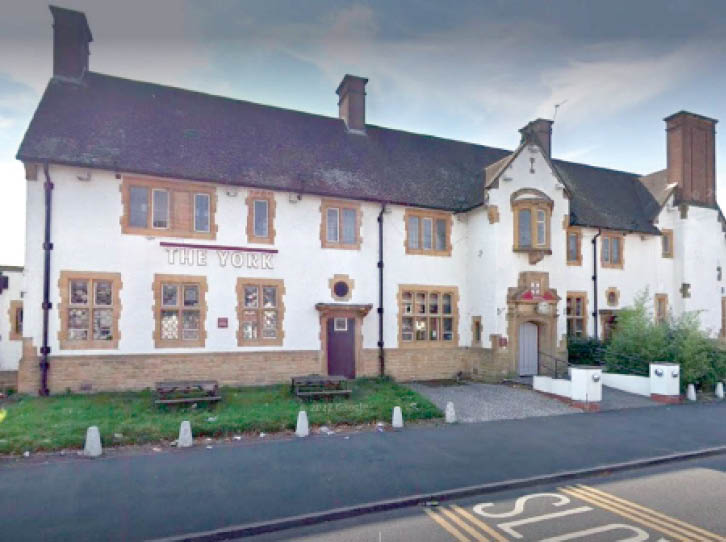UK city council approves plan to convert historic pub into mosque
Plans to transform a derelict pub in Birmingham, United Kingdom into a mosque have been approved. The York Pub in Hall Green, which has served the community for 88 years, will be turned into a religious hub after plans were rubber-stamped by Birmingham City Council. The plans had divided the community with hundreds of people […]

historic pub into mosque
Plans to transform a derelict pub in Birmingham, United Kingdom into a mosque have been approved.
The York Pub in Hall Green, which has served the community for 88 years, will be turned into a religious hub after plans were rubber-stamped by Birmingham City Council.
The plans had divided the community with hundreds of people writing to the council to support or object to the application.
But council planning chiefs on Thursday voted to green-light the application with five in favour and one against.
After the last orders in 2019, the pub was very nearly converted into a hotel. It has now been bought by the ArRahma Foundation and will be turned into a place of worship including a school, kitchen and showers.
The main concerns related to the operating schedule of the mosque which intends to operate from 4am to 12am during the summer months. These months would also incorporate Ramadan and Eid celebrations during which the number of visitors to the site would be expected to increase.
Residents complained that the extended morning opening hours would generate noise which would not be considered acceptable or compatible with the local area.
But supporters said the mosque would fill a lack of places of worship in the area, ‘recognise the needs of the diverse local community’ and ‘improve harmony within the community’.
In recommending the application one councillor said: “Evidently, The York derives a considerable amount of its historic significance from its use as a public house and associated community benefits. Therefore, the loss of the public house use and resultant ‘harm’ this could cause to its heritage value must be outweighed by the benefit of securing a viable, long-term use for the premises.” (Birmingham Mail)
